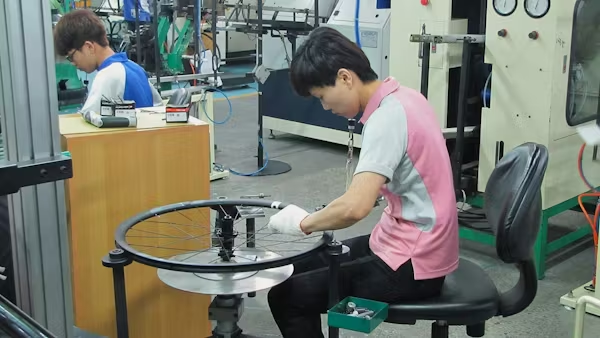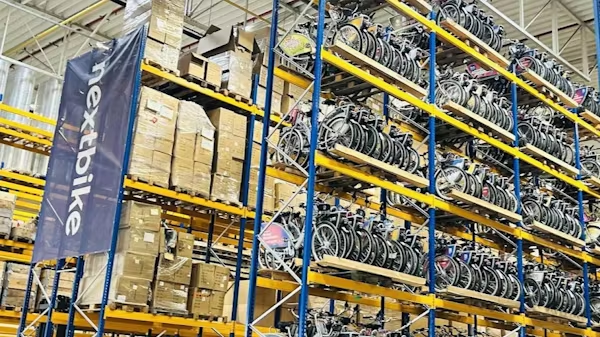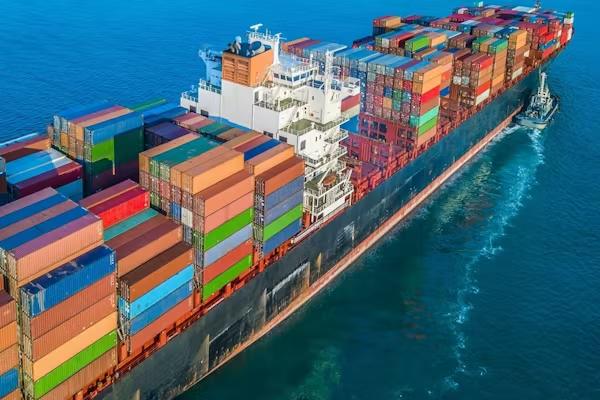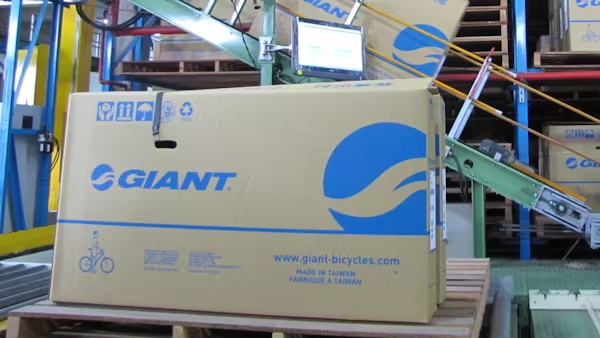Shifting Gears: Giant Bicycles and the Forced Labor Controversy
In a stunning development that has sent shockwaves through the cycling community, the U.S. Customs and Border Protection (CBP) announced a ban on shipments of bicycles, bike parts, and accessories manufactured at Giant’s Taiwan facility. This decision was sparked by allegations of forced labor conditions affecting migrant workers at the plant. As bike enthusiasts, it’s important for us to engage with these issues, as they not only reflect our values but also impact the global cycling industry.
Understanding the Allegations
The CBP’s decision is rooted in serious accusations of forced labor practices, including debt bondage and inadequate housing for migrant workers. These revelations have prompted Giant’s Bicycles Group to take action, emphasizing their commitment to mitigating these issues. In a recent statement, the company outlined multiple measures aimed at improving working conditions and supporting their workers. This is a crucial step, not just for Giant but for the cycling industry at large, as we know that ethical practices contribute to sustainable cycling cultures.
Giant’s Response: A Commitment to Change
In light of the allegations, Giant Bicycles Group has promised to enhance its practices and transparency regarding labor conditions. The company is taking bold steps, including improving housing and support for migrant workers, while maintaining a conversation around labor ethics in the production of bicycles. This proactive approach is commendable, demonstrating that while the industry must face its challenges head-on, it can also pave the way toward positive change. For consumers, knowing that a brand is taking responsibility can significantly influence purchasing decisions.
The Wider Impact on the Cycling Community
As bike enthusiasts and consumers, we cannot remain indifferent to these pressing issues. This case invites us to reflect on where and how our bicycles are made, and the implications that labor conditions have on our cycling experience. Bikes are not just modes of transport; they represent a lifestyle predicated on freedom and joy. Supporting companies that prioritize ethical labor is integral to maintaining the spirit of cycling we cherish. From local bike shops to larger brands, consumers have the power to demand accountability and ethical practices in manufacturing.
Personal Insight: The Cycle of Responsibility
One of my key takeaways from this situation is the critical role we play as consumers. Here’s a tip: Always research brands you intend to support. Look for those that promote fair labor practices and transparency. You might be surprised by how much impact your purchasing decisions can make. It’s easy to get caught up in the excitement of the latest gear, but remember that the cycling community thrives on values that extend beyond performance and style. Choosing responsibly can help ensure that the industry continues to evolve positively.
Conclusion: Upholding Ethical Standards in Cycling
In conclusion, the recent detainment of Giant Bicycles’ shipments is more than just a corporate crisis; it serves as a wake-up call for all of us who cherish cycling. As we navigate these complex issues, let’s make a collective effort to advocate for ethical standards that reflect our passion for the sport. Remember, every turn of the pedal propels us not just down the road, but toward a future where cycling is synonymous with responsibility and respect for all involved in the journey. In the end, it’s not just about the ride; it’s about how we shape the world around us through our choices.
Original article: Click here











